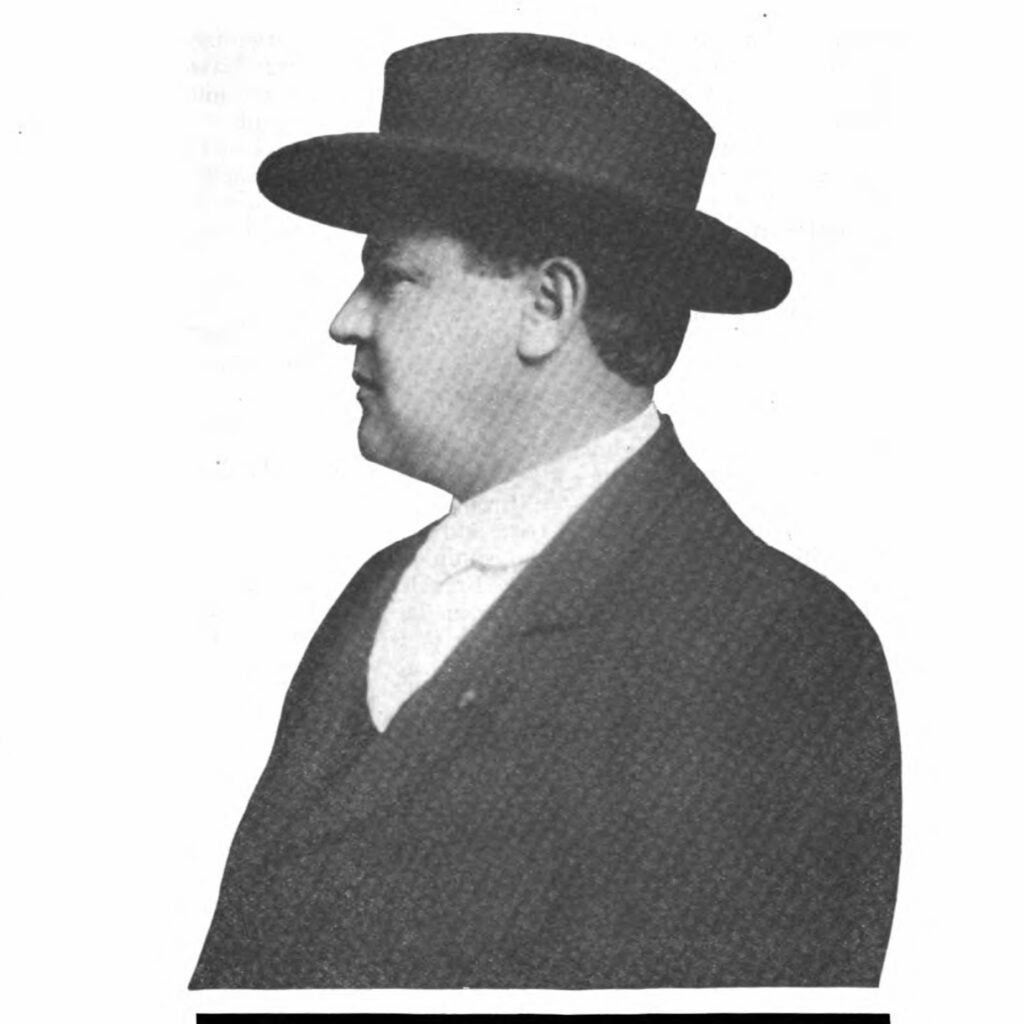 —————
—————
Hellraisers Journal – Tuesday March 5, 1912
“The Battle for Bread at Lawrence” by Mary E. Marcy, Part II
From the International Socialist Review of March 1912
-Haywood Arrives in Lawrence, Massachusetts:
[By Mary E. Marcy]
—–Haywood Arrives.
January 24 Haywood reached Lawrence to help carry on the strike. We quote from the Evening Tribune, Lawrence:
William D. Haywood arrived in Lawrence at 11.50 o’clock from New York City Wednesday morning and over 10,000 strikers turned out together with three bands and two drum corps, to greet him at the North station with a tremendous ovation.
Long before the time when he was scheduled to arrive the strikers assembled at the depot in eager anticipation of the coming of the famous labor organizer. Even at 9 o’clock there was a large crowd awaiting his arrival. Before 10 o’clock the number of strikers at the station had been greatly increased. The sidewalks on Essex street were filled to their greatest capacities. Common street was crowded all morning also with strikers wending their way to the Boston & Maine station. About 10:30 o’clock the Franco-Belgian band arrived, having marched from the Franco-Belgian hall on Mason street. This band was followed by about 200 of the Franco-Belgian element of the strikers. The band stopped in front of the postoffice and played several selections.
The number of strikers was being continually augmented and the crowd seemed to be growing restless. About 11 o’clock a parade of about a thousand strikers came up Essex street. In this parade were the Umberto and the Bellini bands and St. Joseph’s drum corps.When this contingent arrived there was great cheering. The bands played almost continuously and there was a great deal of noise. Every time that the cab train came in sight the crowd would commence cheering and the bands would play with renewed vigor.
Shortly after 11:30 o’clock a large parade came up Common street and joined forces with the strikers already at the station. At the head of this parade there was a sign painted on cardboard in large black letters,
“All in One.”
There were many American flags carried by the strikers.
Finally the time for the arrival of Mr. Haywood came and when the train came in sight there was a great demonstration. When the train was approaching the crowd kept pushing up near the tracks and it looked as if someone would be run over.
When the strikers caught sight of Haywood they went almost insane with delight and cheered incessantly while the bands and drum corps boomed out stirring selections. The scene was certainly a wild one. As Mr. Haywood came out of the car he took off his hat and waved it to the crowd. The strikers surrounded Haywood and then the parade started down Common street. Haywood was near the head of the parade and was surrounded by thousands of howling and cheering strikers.The parade was over 10,000 strong. The bands played and excitement of the highest pitch prevailed.

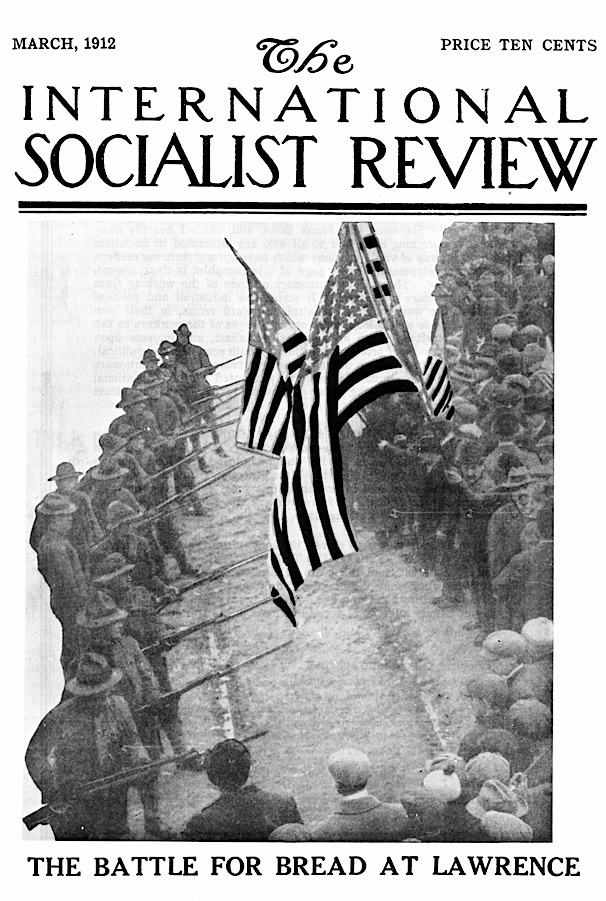
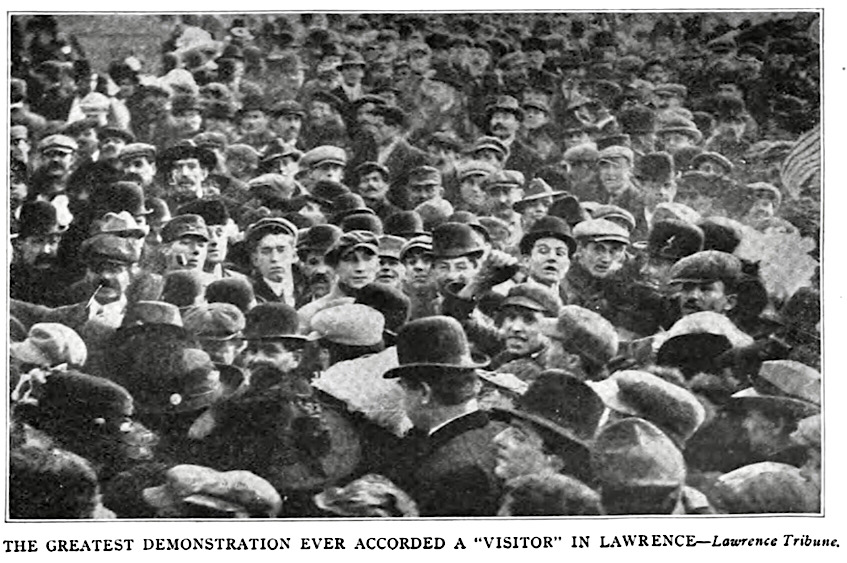
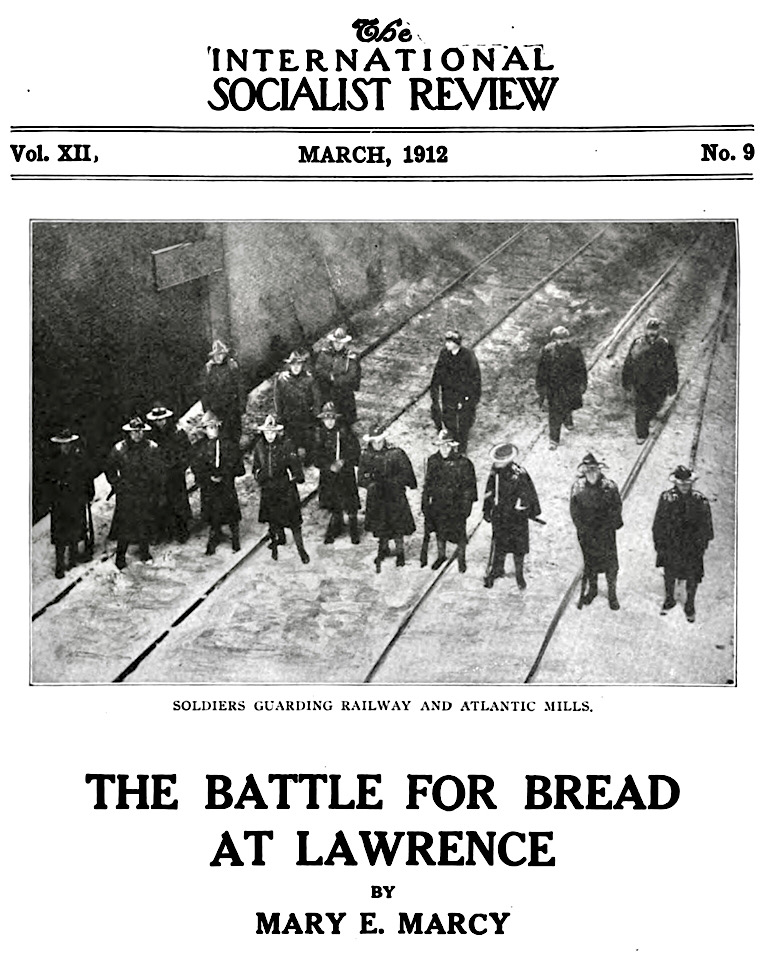
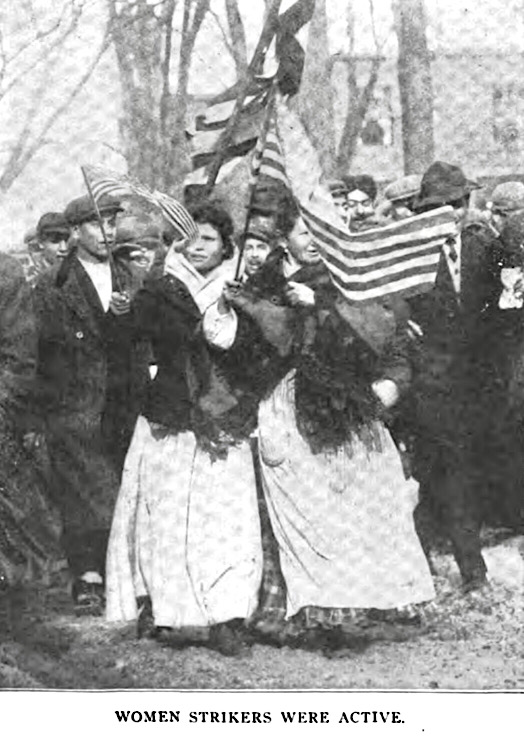
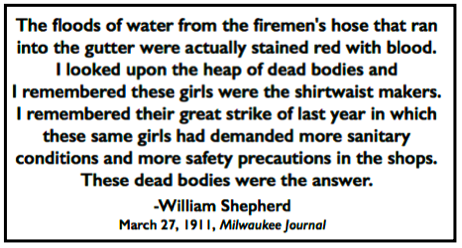 —————
—————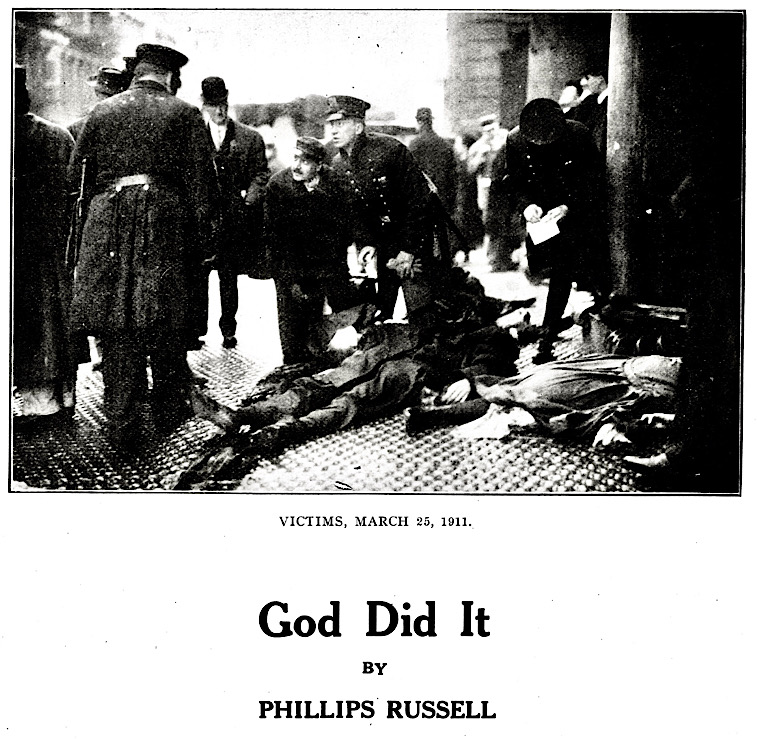 A NEW YORK jury composed of capitalistic cockroaches has absolved Harris & Blanck of the murder of 147 young workers in the Triangle shirtwaist factory fire of March 25, 1911.
A NEW YORK jury composed of capitalistic cockroaches has absolved Harris & Blanck of the murder of 147 young workers in the Triangle shirtwaist factory fire of March 25, 1911. 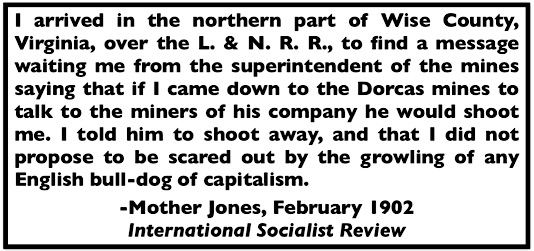 —————
—————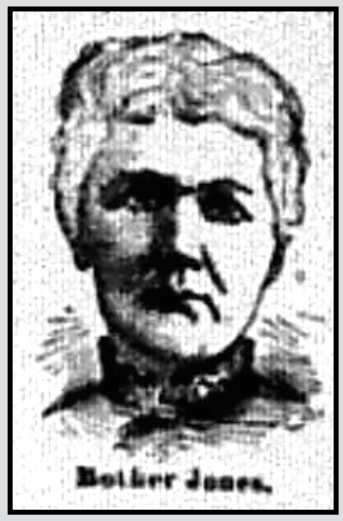
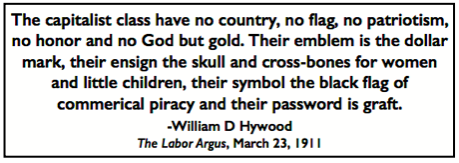 ———————-
———————-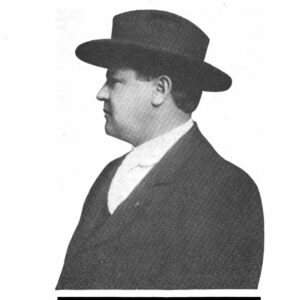
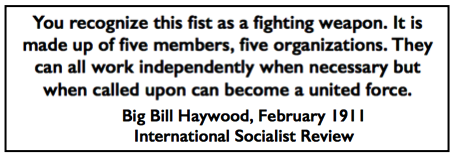 —————
—————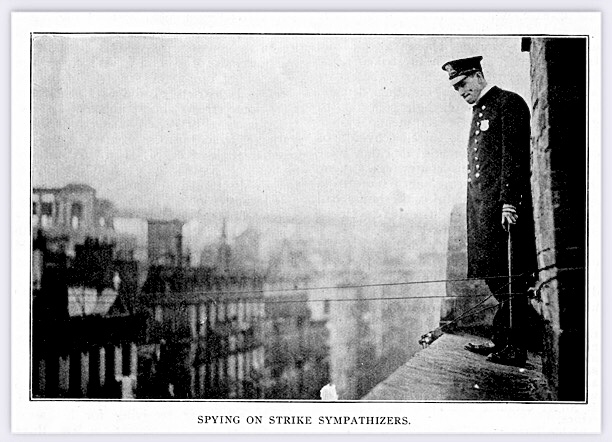
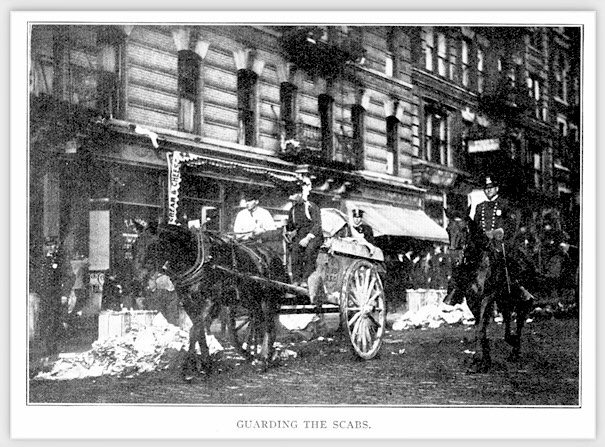
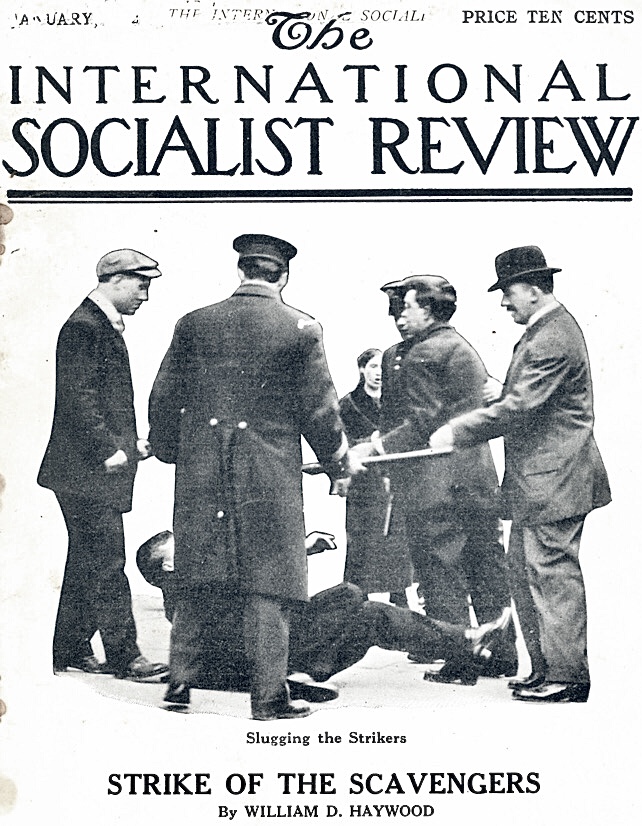
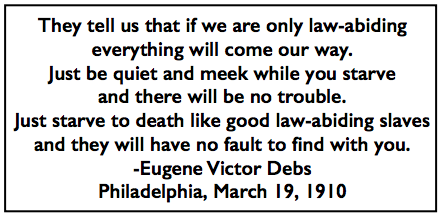 ———————-
———————-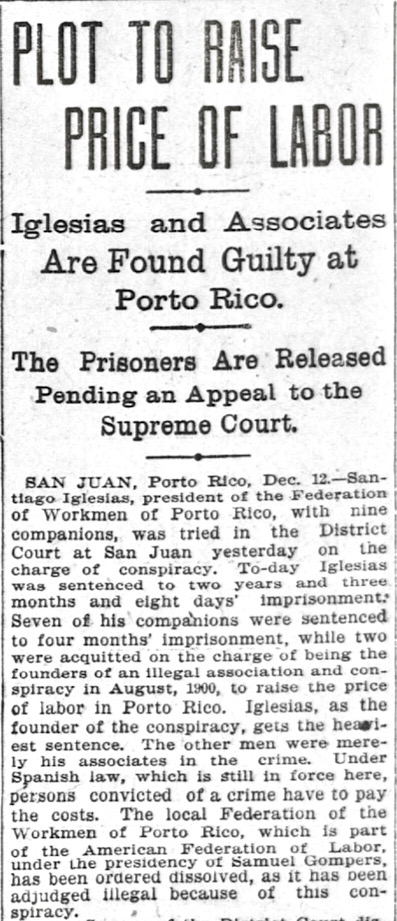
 ———————-
———————-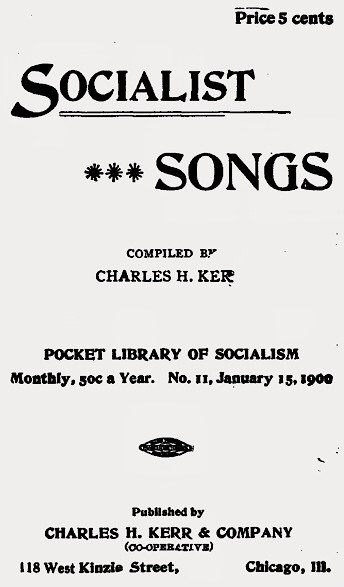
 ———————-
———————-